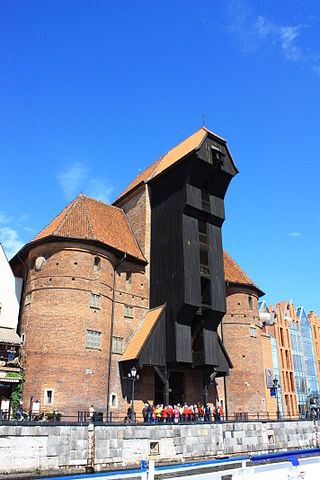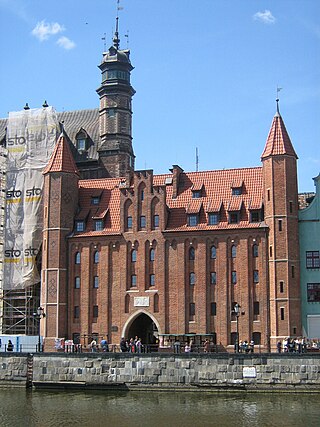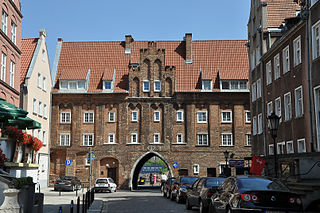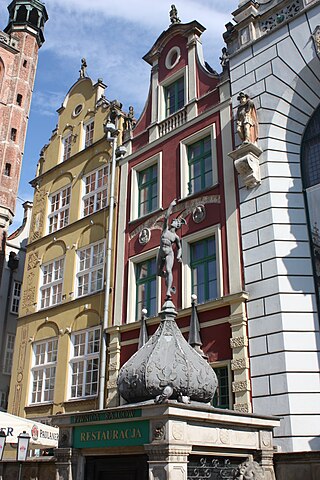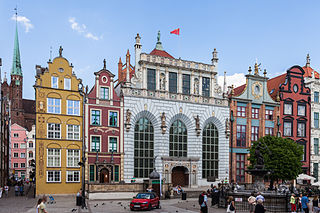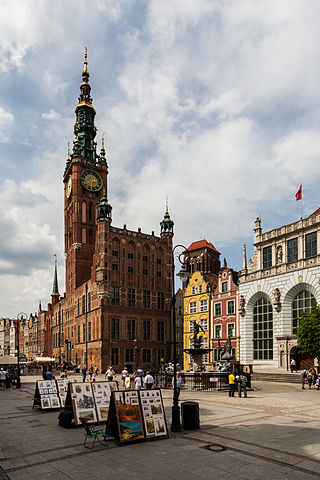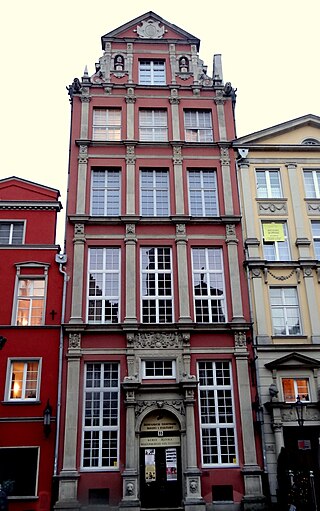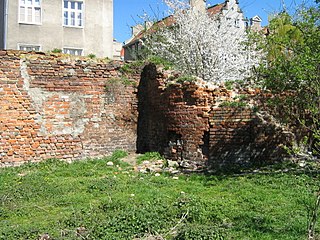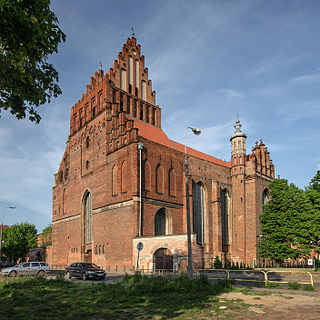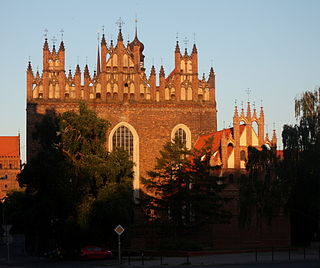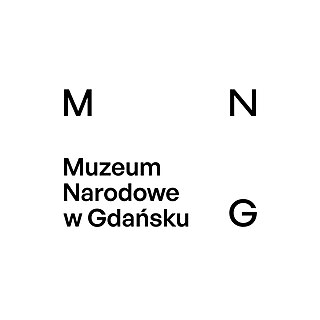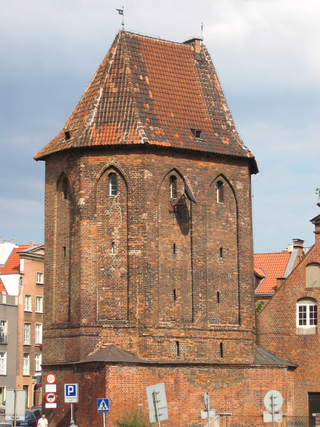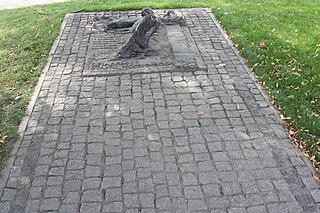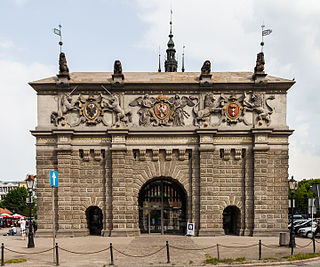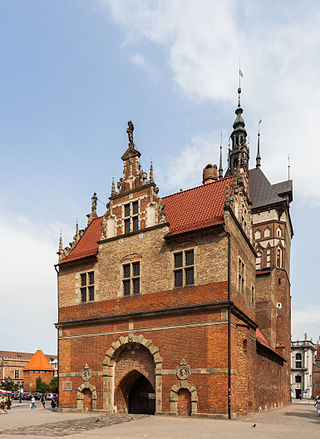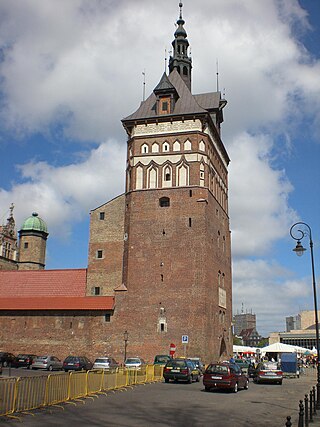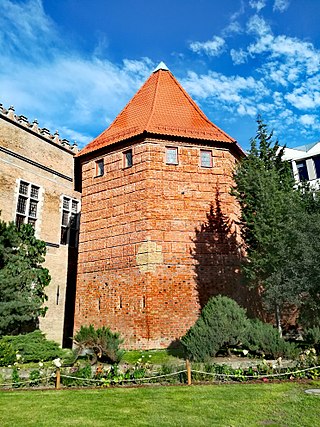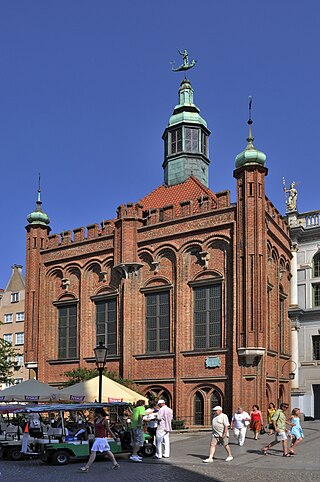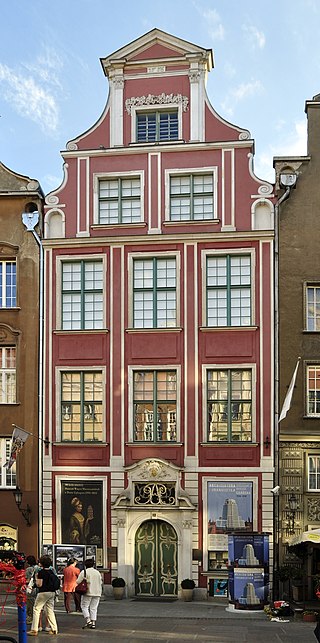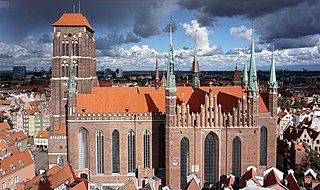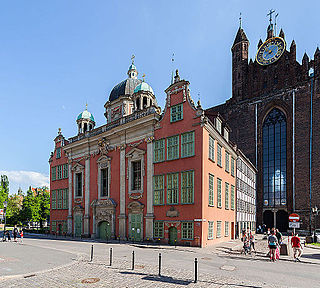Self-guided Sightseeing Tour #4 in Gdansk, Poland
Legend
Guided Free Walking Tours
Book free guided walking tours in Gdansk.
Guided Sightseeing Tours
Book guided sightseeing tours and activities in Gdansk.
Tour Facts
4.7 km
37 m
Experience Gdansk in Poland in a whole new way with our free self-guided sightseeing tour. This site not only offers you practical information and insider tips, but also a rich variety of activities and sights you shouldn't miss. Whether you love art and culture, want to explore historical sites or simply want to experience the vibrant atmosphere of a lively city - you'll find everything you need for your personal adventure here.
Activities in GdanskIndividual Sights in GdanskSight 1: Narodowe Muzeum Morskie
The National Maritime Museum in Gdańsk is a maritime museum in Gdańsk, Poland, established on 1 January 1962. It is dedicated to gathering, researching and preserving artifacts and documents concerning ship transport, international trade, fishing and culture of people working at sea, rivers and those ashore as well as the dissemination of knowledge on maritime history of Poland and its economy through the ages.
Sight 2: Brama Żuraw
The gate of crane, crane - a historic port crane and one of the Gdańsk water gates, which is located over Motława, at the end of Wide Street. It is one of the branches of the National Maritime Museum in Gdańsk and the largest and oldest of the preserved port cranes of medieval Europe.
Sight 3: Brama Mariacka
St. Mary's Gate – a historic water gate of the Main Town in Gdańsk. It is located on the Motława River at the Long Embankment, at the end of Mariacka Street and next to the House of the Nature Society.
Sight 4: Brama Chlebnicka
The Chlebnicka Gate – one of the historic water gates in Gdańsk, on the Motława River. It is located at the Long Embankment, at the end of Chlebnicka Street in the Main Town.
Sight 5: Złota Kamienica
The Steffens House – a historic tenement house located on the Royal Route in Gdańsk in the Main Town. It is sometimes called Speymann's house or the Golden Tenement House.
Sight 6: Stary Dom Ławy
The Old House of the Jury – a historic tenement house in Gdańsk. It is located at Długi Targ.
Sight 7: Artus Court
Get Ticket*The Artus Court is a building in the centre of Gdańsk, Poland at Długi Targ 44, which used to be the meeting place of merchants and a centre of social life. Today it is a point of interest of numerous visitors and a branch of the Gdańsk History Museum.
Sight 8: Ratusz Głównego Miasta
Gdańsk Main Town Hall is a historic Ratusz located in the Gdańsk Main City borough of Śródmieście. It is one of the finest examples of the Gothic-Renaissance historic buildings in the city, built at the intersection of Ulica Długa and Długi Targ, in the most popular part of Gdańsk. The Main Town Hall in Gdańsk houses the History Museum of the City of Gdańsk.
Sight 9: Lwi Zamek
The Lion's Castle is a tenement house in Gdańsk, at 35 Długa Street.
Sight 10: Brama Żabia
The Frog Gate – a medieval city gate existing in a rudimentary ruin, located in the Main Town of Gdańsk, along the defensive wall of the city. Initially, it was only a wicket in the wall.
Sight 11: St. Peter and Paul Church
The Church of St. Peter and Paul is a church in Gdańsk, Poland, on Żabi Kruk Street. It is the historic parish church of the Old Suburb. It belongs to the group of the largest Gothic churches in Gdańsk. In the years 1590–1945, it was the main church of the Gdańsk Reformed Evangelicals. Divine services were held here in Polish, English, French and German. In 1958, by the decision of the authorities of the Polish People's Republic, it was handed over to Roman and Armenian Catholics.
Wikipedia: Kościół św. Piotra i Pawła w Gdańsku (PL), Website
Sight 12: Kościół pw. Świętej Trójcy
Church of the Holy Trinity in Gdańsk – a late Gothic temple erected for the Franciscans settled in 1419 in the Old Suburb (Lastadia), the southern part of historic Gdańsk. The church is part of the former monastery complex of the Friars Minor Conventual, which includes the chapel of St. Anne, a half-timbered house and monastery buildings with a patio adjacent to the church on the south side. After the Reformation in 1522, the Gdańsk Academic Gymnasium and a library were established here. After 1872, it was the seat of the City Museum, currently a branch of the National Museum. A valuable work of late Gothic brick architecture, with characteristic stepped gables of the façade of the nave and chancel and small turrets contrasting with the massive body of the church.
Sight 13: National Museum in Gdańsk
The National Museum in Gdańsk, established in 1972 in Gdańsk, is one of the main branches of Poland's national museum system.
Sight 14: Baszta Narożna
The Corner Tower – one of the towers of the medieval fortification system of Gdańsk, the oldest of the preserved ones. The neighboring tower is the Schultz Tower.
Sight 15: Pomnik Ofiarom Stanu Wojennego
The Monument to the Victims of Martial Law – a monument in Gdańsk at the Cancer Market in the form of a lying figure, in memory of Antoni Browarczyk, the first fatal victim of martial law in Poland. The author of the monument is the Gdańsk sculptor Gennadij Yershov, the initiator of the monument is the president of the Association of the Federation of Fighting Youth, photojournalist Robert Kwiatek.
Sight 16: Brama Wyżynna
The Upland Gate, formerly also the "High Gate" – a Renaissance city gate in Gdańsk, currently on the main car route. Until 1895, it was located in the line of sixteenth-century fortifications, between the Bastion of St. Elizabeth and the Karowy Bastion, and was the main entrance gate to the city, opening the so-called Royal Route.
Sight 17: Katownia
Torture Chamber – built in the second half of the fourteenth century, as a medieval fortification of the Main Town in Gdańsk. Together with the Prison Tower, it formed the foregate (barbican) of Długa Street.
Sight 18: Wieża Więzienna
Prison Tower – was built as part of the medieval fortifications of the Main Town in Gdańsk. Together with the Torture Chamber and the so-called Neck connecting them, it forms the foregate (barbican) complex of Długa Street.
Sight 19: Baszta Słomiana
The Straw Tower – a historic, octagonal fortified tower in the Main Town of Gdańsk.
Sight 20: Dwór Bractwa św. Jerzego
The Court of the Brotherhood of St. George – a building in Gdańsk at Targ Węglowy 27, built in the years 1487–1494 by Jan Glothau as the seat of the confraternity of the patriciate of the Main City of Gdańsk.
Sight 21: Golden gate
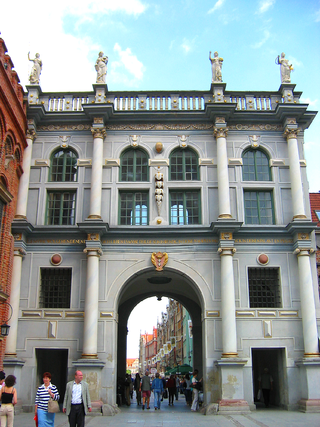
The Golden Gate is a historic Renaissance city gate in Gdańsk, Poland. It is located within the Royal Route, the most prominent part of the historic city center and is one of its most notable tourist attractions.
Sight 22: Dom Uphagena
The Uphagen House is a reconstructed 18th-century merchant house in Gdańsk, Poland, located at the Ulica Długa within the Royal Route in the historic Main City. It houses a museum, which is a branch of the local historical museum.
Sight 23: St Mary’s Church
St. Mary's Church, or formally the Basilica of the Assumption of the Blessed Virgin Mary, is a Brick Gothic Catholic church located in central Gdańsk, Poland. With its volume between 185,000 m3 and 190,000 m3 it is currently one of the two or three largest brick churches in the world. Only San Petronio Basilica in Bologna, comprising 258,000 m3 is larger, Munich Frauenkirche and Ulm Minster also comprise 185,000 to 190,000 m3.
Wikipedia: St. Mary's Church, Gdańsk (EN), Website, Heritage Website
Sight 24: Kaplica Królewska
The Royal Chapel is a Baroque Catholic chapel in the Main Town of Gdańsk.
Wikipedia: Kaplica Królewska w Gdańsku (PL), Heritage Website
Share
Disclaimer Please be aware of your surroundings and do not enter private property. We are not liable for any damages that occur during the tours.
GPX-Download For navigation apps and GPS devices you can download the tour as a GPX file.

